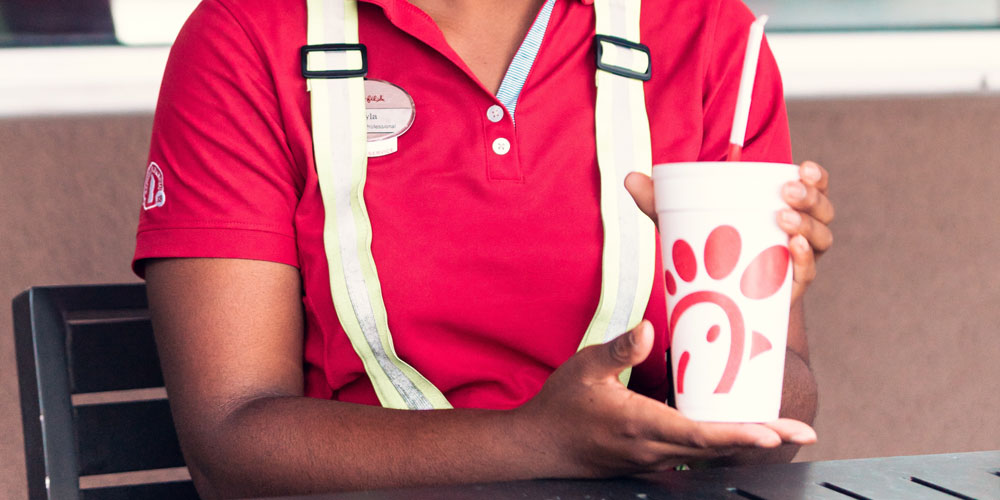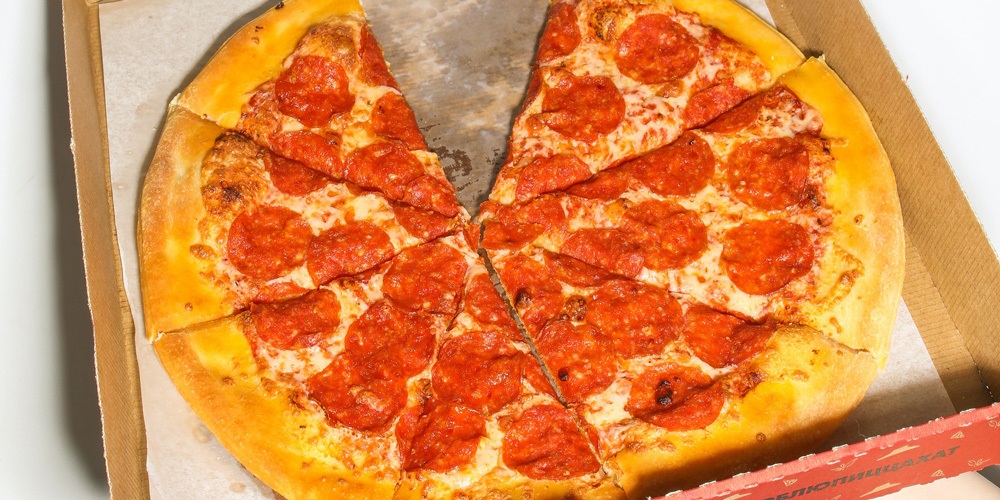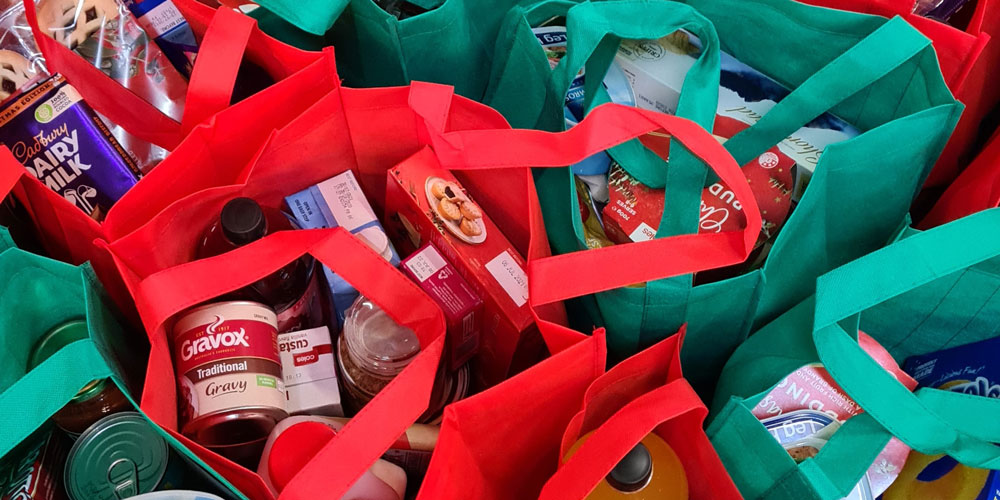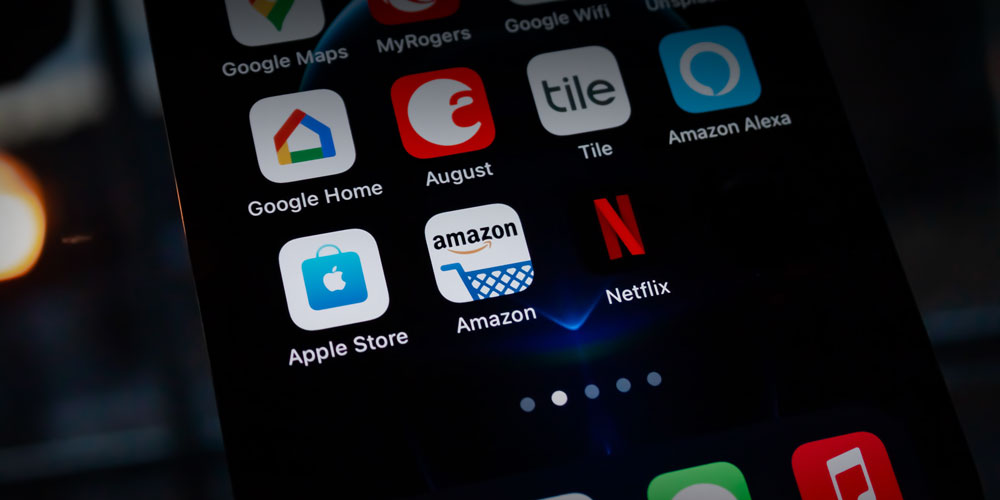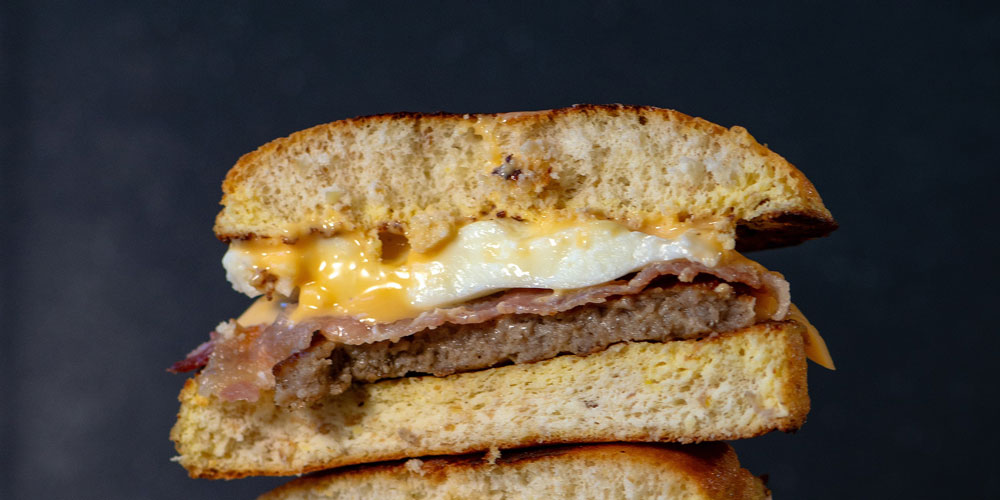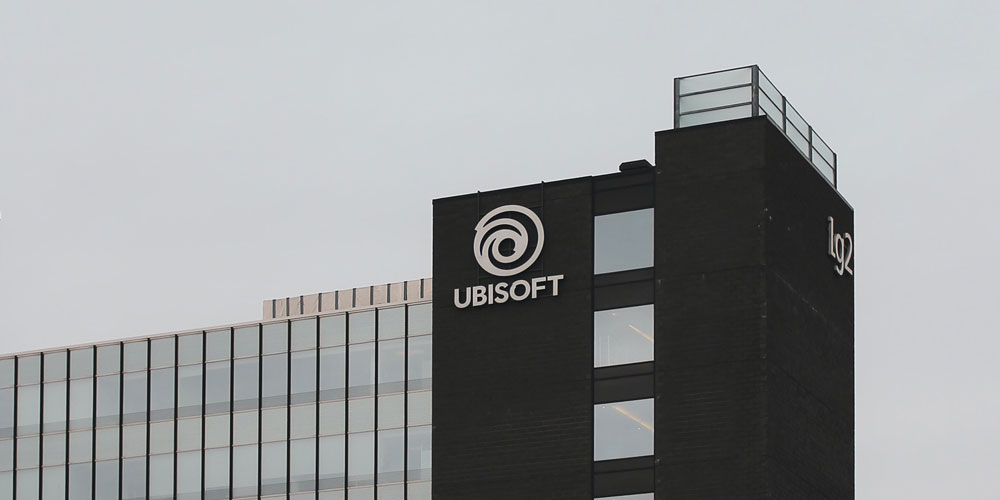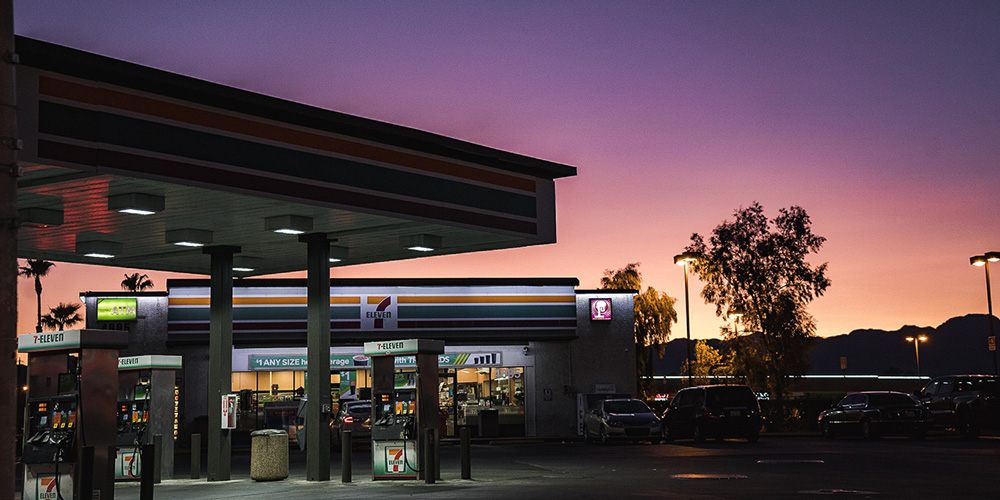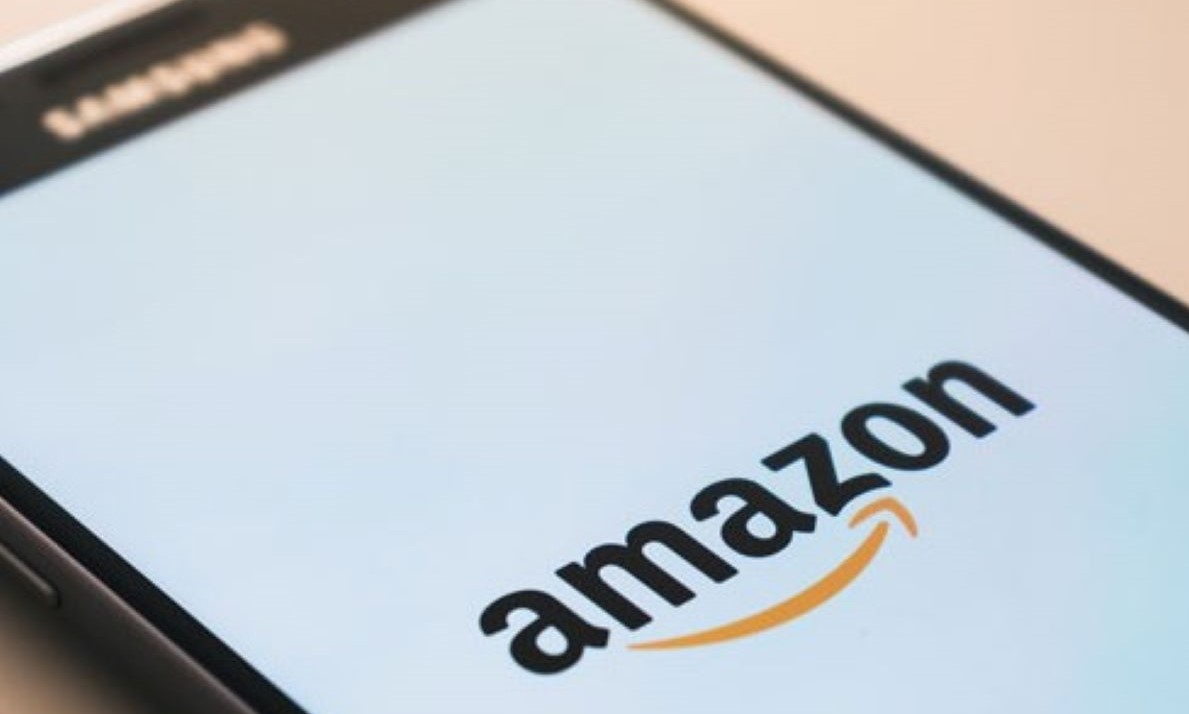When it comes to how people consume fast food, the landscape has transformed dramatically since early 2020. While partnerships between fast food chains and food delivery companies have existed for years now, the use of online platforms — both third party and direct — for fast food purchases has skyrocketed in usage. As a recent McKinsey report noted, “Lockdowns and physical-distancing requirements early on in the pandemic gave the category an enormous boost, with delivery becoming a lifeline for the hurting restaurant industry.”
In September, challenger brand McDonald’s took 25% of spend among top brands, followed by Wendy’s with 16%. When it comes to the number of chicken sandwiches sold, McDonald’s and Chick-Fil-A are neck-and-neck. Most brands studied have sold increasing numbers of chicken sandwiches from 2020 to 2021, except for Popeyes. The Chicken Sandwich Wars have been raging so fiercely and for so long now that there’s even a Wikipedia page about it.
The food delivery industry hasn’t stopped evolving since its birth. 2020 was a big year for change, with unprecedented changes introduced across the food delivery market. This year promises more of the same, as many wonder whether a post-COVID drop may be in store for the industry. To understand how the pandemic has impacted the food delivery market, as well as see consumer spending habits are shaping up in 2021, Edison Trends examined over 3.3 million de-identified food delivery transactions worldwide.
The rise of online grocery delivery—alongside record growth of the restaurant and convenience store delivery sectors—continues to be an area of interest for many businesses this year. Uber Eats recently announced a grocery delivery partnership with Albertsons while DoorDash also expanded in recent months, partnering with convenience stores and grocery retailers to provide delivery on top of their already existing DashPass service.
Since seeing demand decrease in the last year following the pandemic, the rideshare industry has been making a gradual recovery around the globe. In April of this year, Uber announced their plan to recruit 20,000 more drivers in the United Kingdom as demand began ramping up again. To see exactly how much UK rideshare services have recovered since the start of the pandemic, Edison Trends analyzed over 120,000 transactions.
Another Amazon Prime Day has come and gone - and we’ve been digging into how the sales performed for the fourth consecutive year. This year, like last, Amazon kept the official Prime Day dates under wraps until a few weeks before the event, likely to make it more difficult for their competitors from planning their own sales on the same dates. As with years prior, Amazon Prime Day led to incredible sales for the e-commerce giant, with over $5.6 billion in sales within the first 24 hours.
They say breakfast is the most important meal of the day, and nowhere is that truer than at quick service restaurants. Just recently, Burger King and Tim Hortons both added new breakfast sandwich options to their menus, and Wendy’s reported better-than-expected earnings due in large part to their new breakfast offerings. While Quick Service Restaurant (QSR) breakfast seems to be booming now, there were concerns in 2020 that the breakfast wars were a bust.
In 2020, when stay-at-home orders first went into effect and people began working, learning, playing, and eating all within the same four walls and time on our hands, what used to be bearable imperfections quickly became must fixes. With sit down restaurants, parks, movie theaters, and the like shut down, home improvement projects skyrocketed as people tried to transform their home into an oasis.
Another 4/20 has come and gone. The annual cannabis holiday has only continued to grow as cannabis slowly becomes decriminalized and legalized state by state. In our research from last year, we found that 4/20 national online spend was up 108% compared to 2019. To see if 2021 follows the trend of increased online spend on cannabis, Edison Trends took a deep dive into over 12,000 transactions.
2021 offers a promising year for video game publishers following last year’s releases of the new PlayStation 5 and Xbox Series X, as well as highly anticipated games like Animal Crossing: New Horizons and Immortals: Fenyx Rising. Our previous gaming research demonstrated how demand and online sales of video games increased amid the pandemic as people settled into life indoors and sought entertainment. To see how sales among console and PC game publishers are trending, Edison Trends analyzed over 1.5 million transactions.
In the last year, online spending on gaming subscriptions grew 91% at Nintendo Switch Online and 16% at Sony's Playstation Plus and Playstation Now combined. Spending on Microsoft's Xbox Live and Game Pass has fallen in the last year. The PlayStation Store led in total online consumer spend on console and PC video game products. Xbox Live and the Microsoft Store combined saw 81%, Nintendo Store 35%, and Steam 32% of the online consumer spend that PlayStation Store earned in the last year. GameStop saw the highest growth in online spend with a 128% increase in February 2021 vs February 2020. Steam and the Nintendo store followed, each with 109%.
In December 2020, Chick-fil-A led its competitors in chicken sandwich online spend, with Popeyes trailing a distant second. The battle between quick service restaurants for chicken sandwich sales has yet to lose any steam entering 2021. Both Popeyes and KFC have recently publicly expressed their efforts of “playing to win” in the fiercely competitive market, while Taco Bell has also announced intentions to join the fray.
2020 was a year of consolidation and convergence among top players in the on-demand delivery service market, and 2021 begins with even further expansion of these brands into new markets. Alongside increased consumer adoption of online grocery and food delivery sales we previously reported, the convenience store market is also poised for disruption amid Amazon’s plans to launch 3,000 cashierless Go Stores, grocers Whole Foods and Kroger testing convenience-style store formats, and popular convenience chains like Sheetz stating intentions to compete with both grocery stores and quick service restaurants.
Amazon (30%), Walmart (24%) and Target (21%) also increased their year-over-year sales during this period. Online spend at department store Black Friday to Cyber Monday sales across Nordstrom, Macy’s, Kohl’s, and JCPenney combined fell 5% this year compared to last year. Due to the ongoing pandemic, the 2020 holiday shopping season has been unique.
Halloween 2020 likely looked a bit different this year than in previous years. With COVID-19 remaining a looming threat, many people found creative ways to still celebrate the holiday in a socially distanced manner. Walmart was the clear winner when it came to online Halloween chocolate sales among merchants.
Amazon Prime Day — one of the biggest online shopping events of the year — has come and gone, moving to October this year from July. This event, originally 24 hours long, has now expanded to a 48 hour savings extravaganza. As last year’s Edison Trends report about Prime Day 2019 sales had shown, the event has consistently led to record-breaking sales, and this year was no different.
With the US Presidential election just two weeks away on November 3rd, Proposition 22 will be on the ballot in California, which will impact labor policies for food delivery and rideshare services alike. Following our last on-demand food delivery report in May, Edison Trends analyzed one million US transactions in report the latest to give a snapshot of both industries ahead of the election.
COVID-19 and the lockdowns have led to a boom for the console and computer games industry as shown in our July Edison Trends report. With pre-sales for the new Playstation 5 and Xbox Series X consoles having already begun ahead of a November launch and anticipated wave of COVID-19 in Autumn and Winter, the upward trend in spend is expected by most to continue.
Since March and the COVID-19 pandemic, as people purchased everything they could out of fear that shelves and supply lines would soon be overwhelmed, there was another swell in COVID-19 driven purchasing: pets. Pet adoptions have been on the rise since the start of the pandemic, as people find themselves lonely and bored in their homes.
As expected, during the initial lockdown in March and April, customer spending on online bookings fell dramatically for Airbnb and the hotels studied (Marriott, Hilton, InterContinental). From April 27 to the beginning of June, spending climbed quickly for these companies. Airbnb rose the fastest with an average of 32% week-over-week growth.








